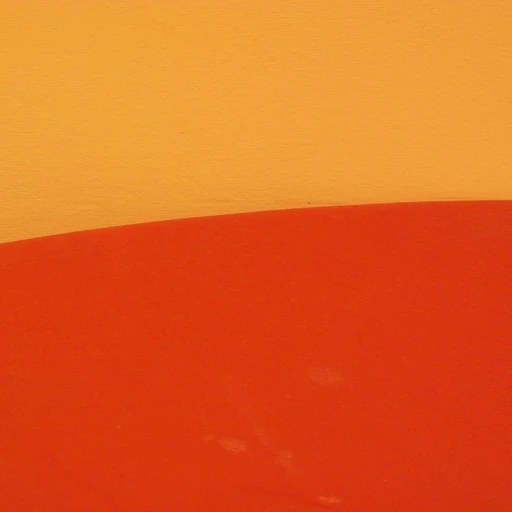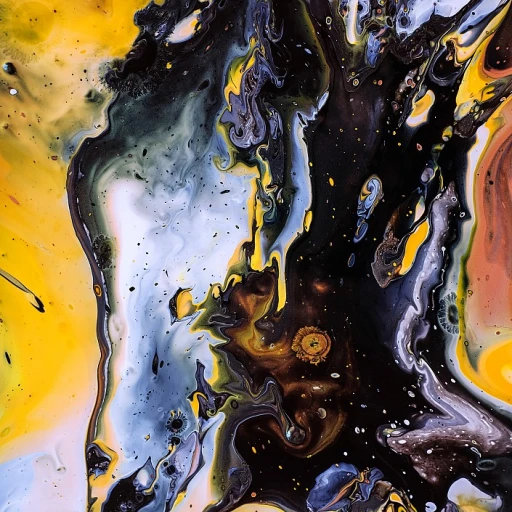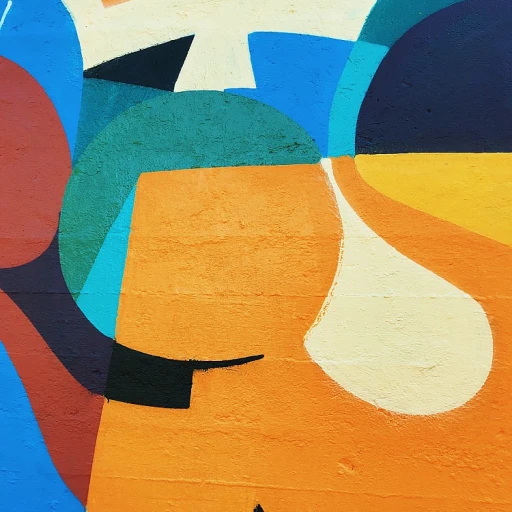Understanding Liberal Arts: More Than Just a Degree
The Essence of a Well-Rounded Education
When we hear the term "liberal arts," it's often misunderstood as an outdated or irrelevant field, yet it remains an essential pillar in modern academia. The essence of liberal arts lies in its broad curriculum, which transcends the boundaries of specialization by nurturing a diverse range of skills and knowledge. Unlike degrees that focus solely on technical expertise, a liberal arts education is about cultivating critical thinking, creativity, and intellectual curiosity — qualities that are more crucial than ever in our rapidly changing world.
Bridging Disciplines Through Broad Perspectives
Imagine being adept in analyzing an ancient text while simultaneously crafting a compelling argument about contemporary issues. This dual skill set is a hallmark of a liberal arts education and is invaluable in today's multifaceted job market. Subjects ranging from humanities to natural sciences offer students a comprehensive lens through which they can view and understand the world. Such an education encourages students to draw connections across disparate fields, fostering an ability to innovate and adapt.
Cultivating a Journey of Lifelong Learning
Liberal arts isn't just about accruing knowledge—it's about shaping individuals who can think deeply and critically about the world around them. This educational journey teaches students to appreciate knowledge as a dynamic journey rather than a finite destination. As technology and society evolve, so do the potential applications of the diverse skills acquired through a liberal arts program. It is this adaptability and breadth of knowledge that make liberal arts graduates valuable in numerous career paths.
For those intrigued by the idea of expanding their horizons through arts that engage both the mind and the senses, consider how certain artistic pursuits can also ignite your senses with the art of fire dance. In the ever-evolving landscape of education, liberal arts continue to serve as an incubator for innovative thinkers and future leaders.
A Day in the Life of a Liberal Arts Student
An Insight Into the Everyday Life
Imagine waking up on a sunlit campus, where your intellectual pursuits are as diverse as the morning light filtering through the trees. This interconnectedness of disciplines is a hallmark of the liberal arts journey, making each day an academic adventure in itself. Unlike traditional degree paths that might focus solely on one expertise, the essence of liberal studies lies in its varied curriculum that encourages students to explore a multitude of subjects.
From engaging discussions in philosophy classes to hands-on projects in art studios, a liberal arts student’s day is a tapestry of vibrant experiences. For instance, a morning might be spent unraveling societal norms through sociology seminars, while afternoons are devoted to delving into the rich nuances of history. These varied engagements not only enrich one’s understanding but also sharpen critical thinking and analytical skills that are highly prized in diverse career paths.
Moreover, the extracurricular activities available, ranging from theater performances to literary clubs, invite students to nurture their creative sides. Such opportunities create a well-rounded individual whose learning extends beyond textbooks and lecture halls.
This dynamic environment mirrors the ever-evolving luxury art world, where creativity and tradition meld to form exquisite expressions, much like the
art of fire dance that captivates audiences with its mesmerizing displays and passionate intensity. The liberal arts experience, much like this, encourages students to ignite their curiosity and explore the infinite possibilities that lie beyond conventional boundaries.
The life of a liberal arts student, therefore, is a rich mosaic of intellectual curiosity and cultural exploration, setting the stage for a formidable entry into the professional and sociocultural arenas.
The Role of Liberal Arts in Modern Education
The Evolving Role in Today's Educational Landscape
The landscape of education is ever-changing, and the field of liberal arts plays a crucial role in this dynamic environment. While some might perceive liberal arts as a relic of the past, its relevance in modern education is undeniable. This discipline encourages critical thinking, creativity, and a holistic understanding of the world, which are essential skills in today's fast-paced and interconnected society.
Bridging Disciplines for a Holistic Approach
One of the most compelling aspects of liberal arts is its interdisciplinary nature. Students are not confined to a single field of study; instead, they explore a wide range of subjects, from philosophy and literature to science and mathematics. This approach fosters a comprehensive understanding of various disciplines, allowing students to draw connections and develop innovative solutions to complex problems.
Preparing for the Future
In a world where technology and automation are reshaping industries, the adaptability and critical thinking skills honed through a liberal arts education are more valuable than ever. Graduates are equipped to navigate diverse career paths, from traditional roles in education and humanities to emerging fields like digital media and technology. As the job market evolves, the ability to think creatively and adapt to new challenges becomes increasingly important.
Inspiring Creativity and Innovation
Liberal arts education also plays a pivotal role in nurturing creativity and innovation. By encouraging students to think outside the box and approach problems from multiple perspectives, it cultivates a mindset that is open to new ideas and approaches. For instance, in our interview with Steve Rusti, a renowned artist, we see how liberal arts can inspire a unique blend of artistic expression and intellectual curiosity.
Skills and Careers: What a Liberal Arts Degree Offers
Unveiling the Versatile Skill Set
A liberal arts education is often celebrated for its ability to cultivate a diverse range of skills that are applicable across various career paths. Unlike more specialized degrees, liberal arts programs emphasize critical thinking, communication, and problem-solving abilities. These are the foundational skills that employers across industries value, making graduates adaptable in a rapidly changing job market.
Graduates with a liberal arts background are known for their ability to approach problems from multiple perspectives, a skill honed through courses in humanities, social sciences, and natural sciences. This breadth of knowledge enables them to connect ideas in innovative ways, fostering creativity and innovation.
Career Opportunities: Beyond the Conventional
The career paths available to liberal arts graduates are as varied as the subjects they study. While some may pursue traditional roles in education, writing, or public service, others find opportunities in less conventional fields such as technology, business, and even luxury art. The adaptability of liberal arts graduates makes them well-suited for roles that require a nuanced understanding of human behavior and culture.
For instance, those with a passion for art might find themselves drawn to roles in art curation or gallery management, where their ability to analyze and interpret cultural trends becomes a significant asset. Others might leverage their communication skills in marketing or public relations, crafting compelling narratives that resonate with diverse audiences.
Navigating the Path to Success
To maximize their career potential, liberal arts students are encouraged to seek internships and experiential learning opportunities that align with their interests. These experiences not only enhance their resumes but also provide valuable insights into potential career paths.
Moreover, networking plays a crucial role in the career development of liberal arts graduates. Building connections with professionals in their desired fields can open doors to mentorship and job opportunities that might not be advertised publicly.
In conclusion, a liberal arts degree offers a wealth of opportunities for those willing to explore and adapt. The skills acquired through this educational path are not only relevant but also essential in a world that values flexibility and innovation.
Famous Liberal Arts Colleges Around the World
Prestigious Institutions of Liberal Learning Across the Globe
In the vast landscape of higher education, certain institutions have become synonymous with the pursuit of liberal studies, shaping generations of thinkers, writers, and leaders. These esteemed colleges and universities offer more than a mere degree; they provide an environment where intellectual curiosity is celebrated, and interdisciplinary exploration is encouraged.
Among the most renowned is Harvard University in the United States. Known for its rich history and academic excellence, Harvard has long been a beacon of liberal arts education. Its curriculum, which emphasizes broad-based learning alongside specialization, prepares students for myriad paths in life by instilling critical thinking and a deep appreciation for diverse fields of study.
Across the Atlantic, the University of Oxford in England also boasts a deep commitment to the liberal arts. With its tutorial system, Oxford offers students personalized guidance in their studies, allowing them to delve deeply into subjects with both breadth and depth. The university's long-standing traditions and scholarly resources provide students with a unique educational experience that is second to none.
Moving further eastward, Japan's Kyoto University stands out as a leader in liberal arts education within Asia. By fostering a culture of innovation and inquiry, Kyoto University emphasizes the importance of a holistic education that goes beyond rote memorization and tests. Students are encouraged to connect different domains of knowledge, preparing them to tackle complex challenges in a rapidly changing world.
These institutions, among many others across the globe, highlight the enduring value of a liberal arts education. They remain steadfast in their mission to equip students not just to thrive in their careers but to contribute meaningfully to society. Whether in the United States, Europe, or Asia, the commitment to fostering well-rounded, adaptable thinkers continues to make the liberal arts a cherished cornerstone of higher education worldwide.
The Future of Liberal Arts: Adapting to Change
Embracing Change: The Liberal Arts Curriculum for Tomorrow
As we navigate the ever-changing landscape of education, the liberal arts curriculum continues to evolve, ensuring its relevance in a world that is rapidly advancing in technology and globalization. While exploring the role of liberal arts in modern education, it becomes evident that adapting to these changes is not just necessary but also invigorating for both students and educators.
Today, the future of liberal arts is being shaped by the integration of progressive subjects that complement traditional topics. This includes a greater emphasis on digital literacy, environmental awareness, and cultural competence, preparing students to thrive in diverse fields that value adaptability and critical thinking.
Leveraging Digital Tools for Enhanced Learning
The liberal arts tradition, deeply rooted in interdisciplinary studies, is now incorporating digital tools to enrich the educational experience. Virtual reality, online platforms, and AI-powered resources are becoming staples in the classroom, facilitating immersive learning experiences that transcend conventional boundaries. These technologies invite students to explore historical contexts through interactive simulations or debate ethical dilemmas in virtual forums, ensuring a dynamic and engaging approach to acquiring knowledge.
Cultivating a Gobal Perspective
As borders become increasingly blurred in the professional world, liberal arts institutions recognize the importance of fostering a global perspective. Programs are designed to emphasize cross-cultural understanding and multilingual proficiency, equipping students with the mindset and skills necessary to navigate a globalized economy. The incorporation of international partnerships and study abroad opportunities further broadens students' horizons, allowing them to apply their academic insights in a variety of cultural settings.
Championing Social Responsibility and Innovation
In response to the pressing challenges of today's world, liberal arts education is underscoring the importance of social responsibility and innovation. Courses are being tailored to encourage students to think critically about societal issues and devise innovative solutions that promote sustainability and social equity. This focus ensures that graduates are not just academically proficient but also equipped to make meaningful contributions to their communities and the world at large.
As the lines between traditional academic disciplines blur, the future of liberal arts is marked by an adaptive and forward-thinking approach that embraces the strengths of its historical roots while actively engaging with contemporary challenges and technologies.
-teaser.webp)

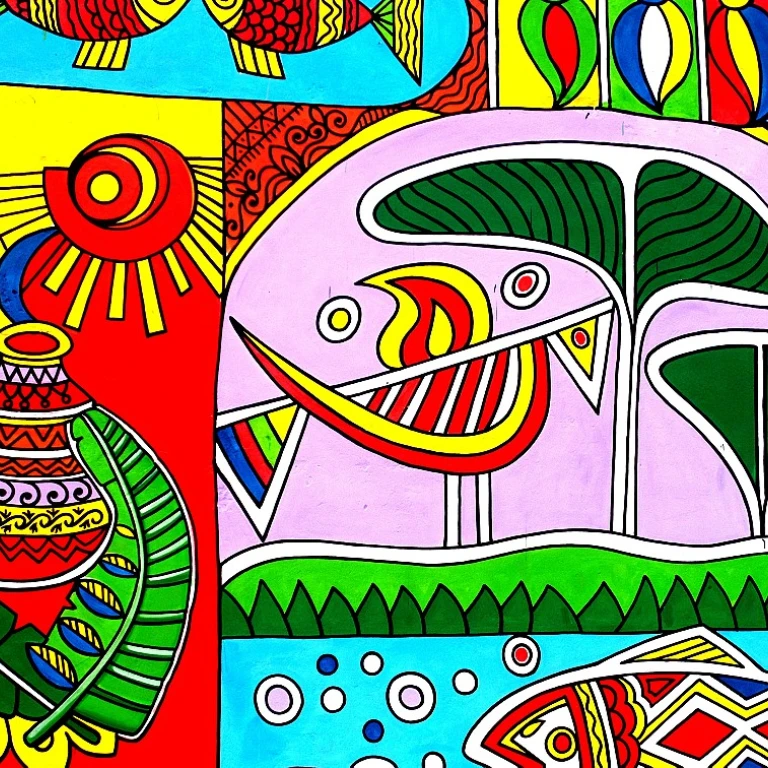
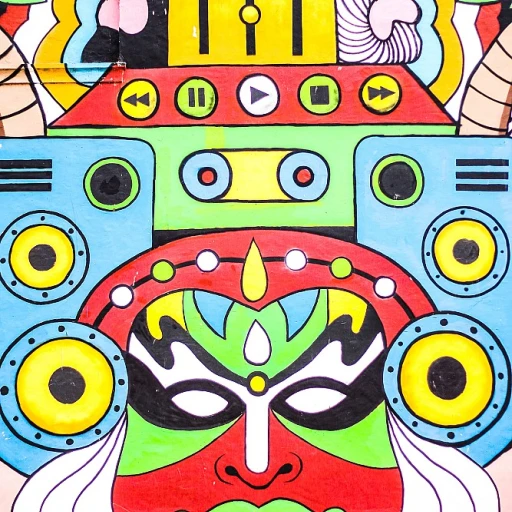
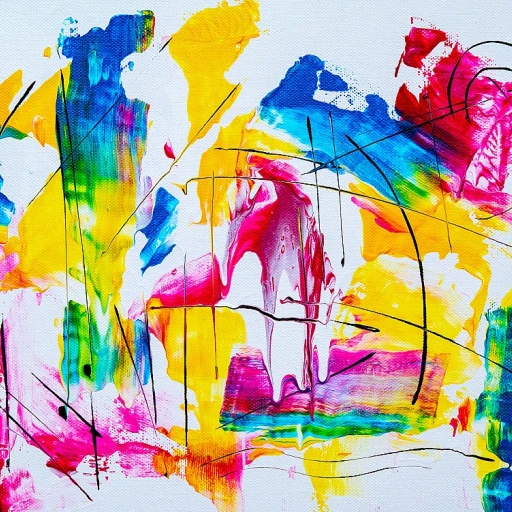
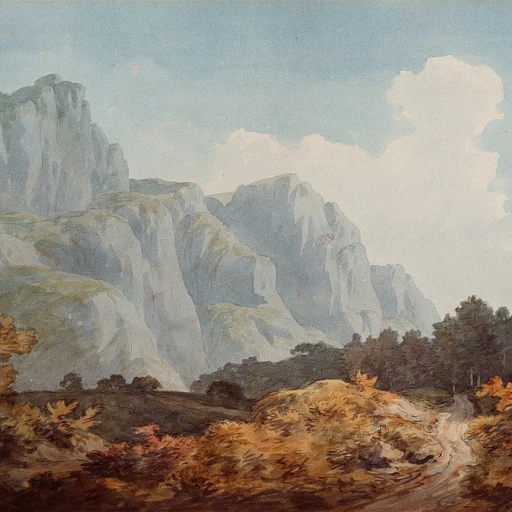
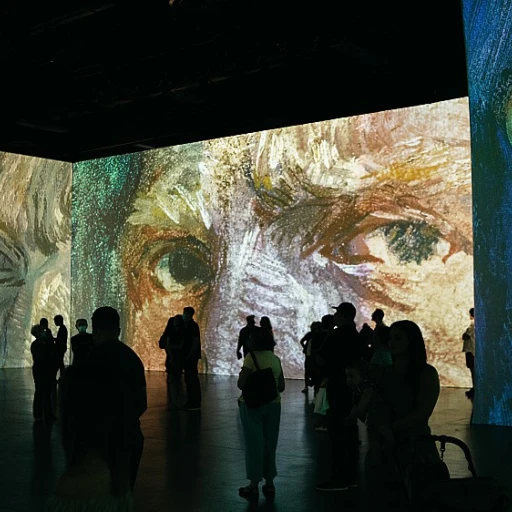

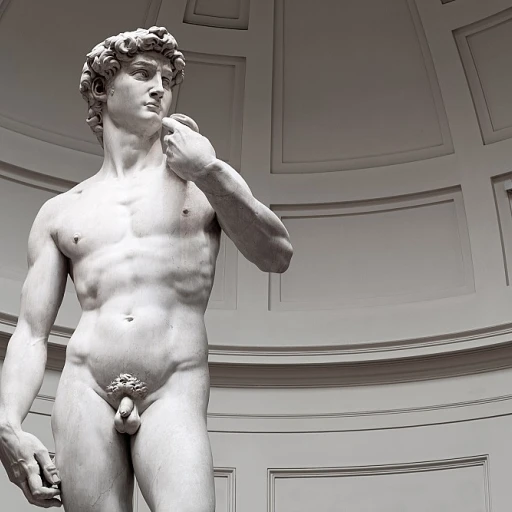
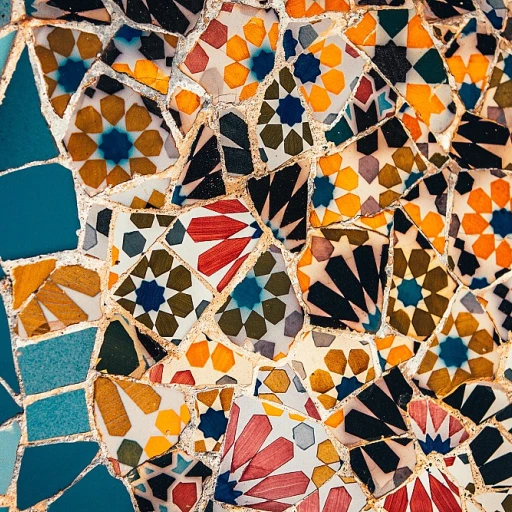
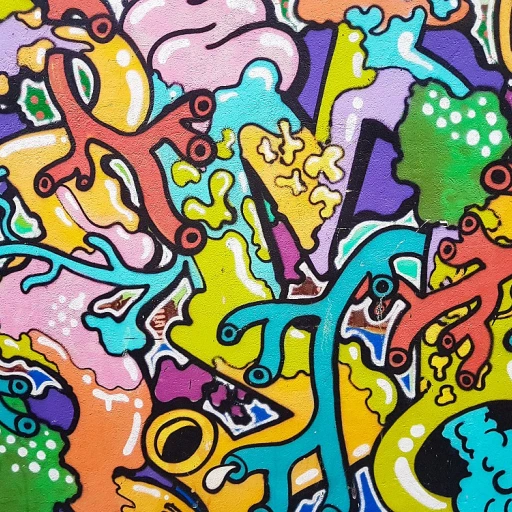
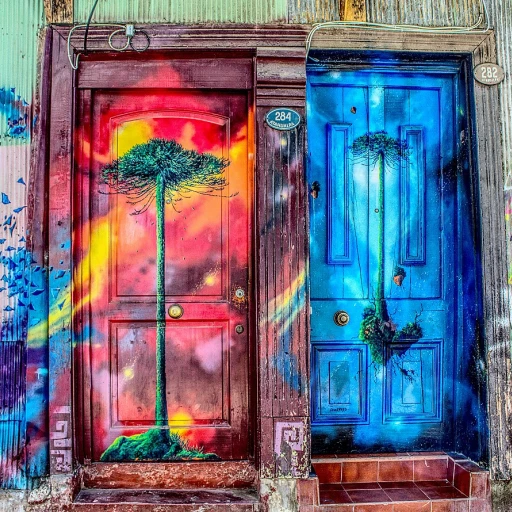
-large-teaser.webp)
